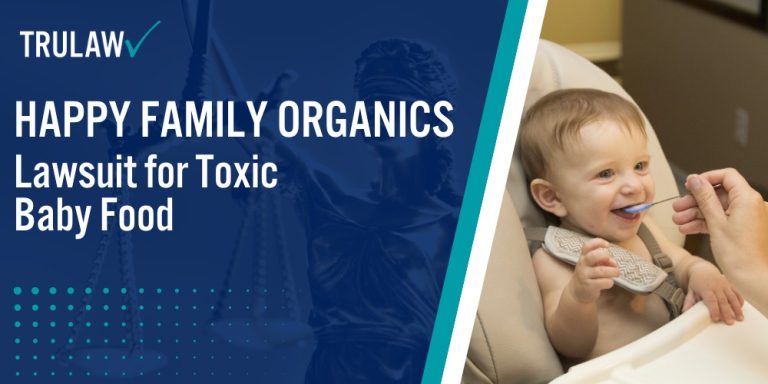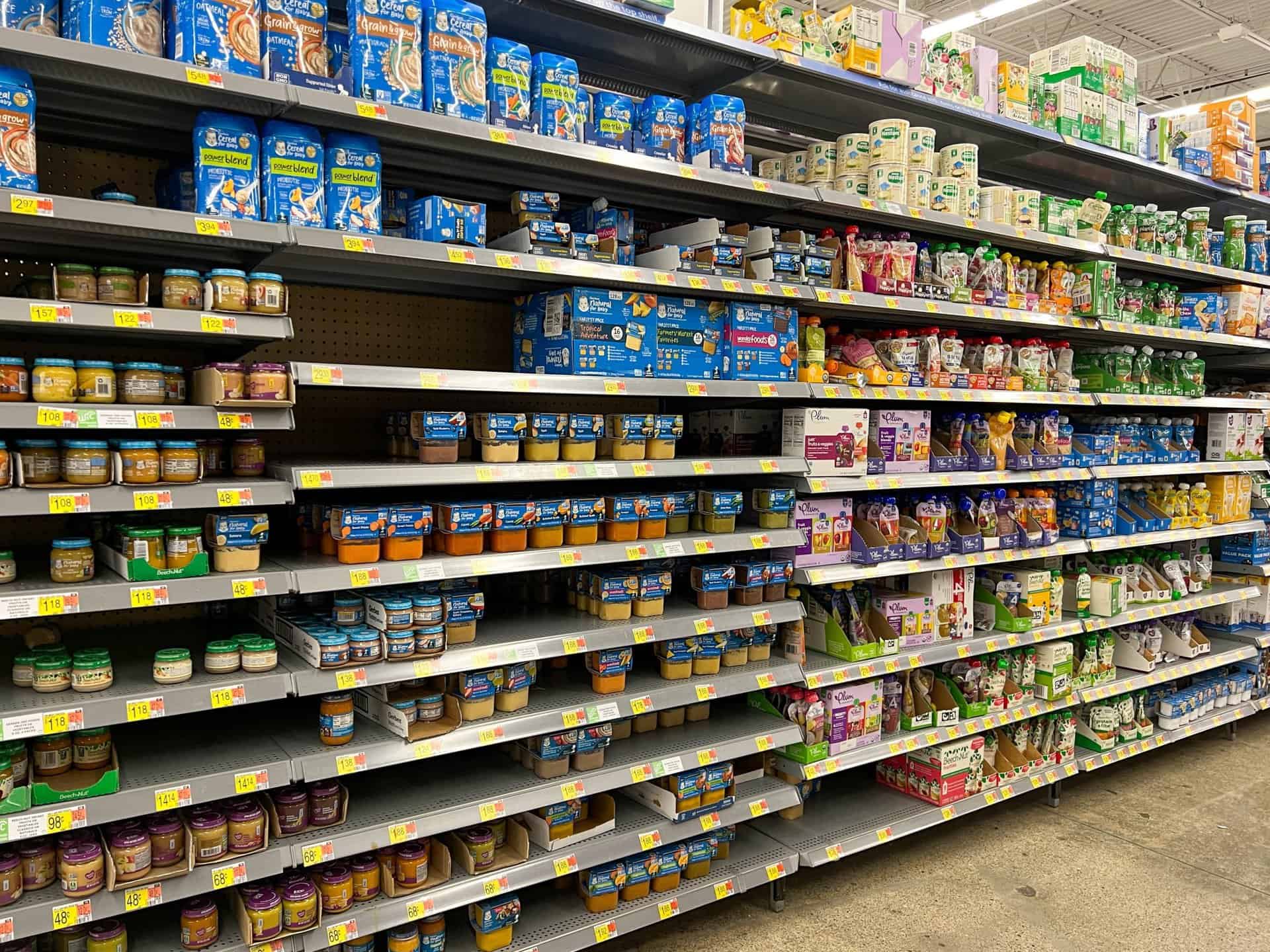The Happy Family Organics lawsuit regarding baby foods centers on allegations that several of the company’s products contain harmful levels of heavy metals, including lead, arsenic, cadmium, and mercury.
Founded in 2003 by Shazi Visram, Happy Family Organics quickly rose to prominence in the organic baby food brands market, lauded for its innovation and rapid growth.
However, the company has faced significant legal and public relations challenges in recent years due to these allegations.
Contamination Levels in Happy Family Organics Products
Reports have indicated that Happy Family Organics, among other major baby food manufacturers, marketed their products as safe and healthy despite being aware of the high levels of toxic metals they contained.
These metals, particularly lead, arsenic, cadmium, and mercury, have been found in various Happy Family Organics products at levels that far exceed what experts and governing bodies deem permissible.
The presence of these contaminants has sparked a series of toxic baby food lawsuits against the company.
Happy Family’s Knowledge of Heavy Metal Contamination
A key controversy involves allegations that Happy Family Organics was aware of the high levels of toxic metals in their products but failed to take adequate measures to address the issue.
Critics argue that the company continued to market its products as safe and healthy despite this knowledge, prioritizing profits over the well-being of its young consumers.
While Happy Family Organics has emphasized its commitment to food safety and stringent testing protocols, the lawsuits claim that the company’s actions have been insufficient to comprehensively address the contamination.


